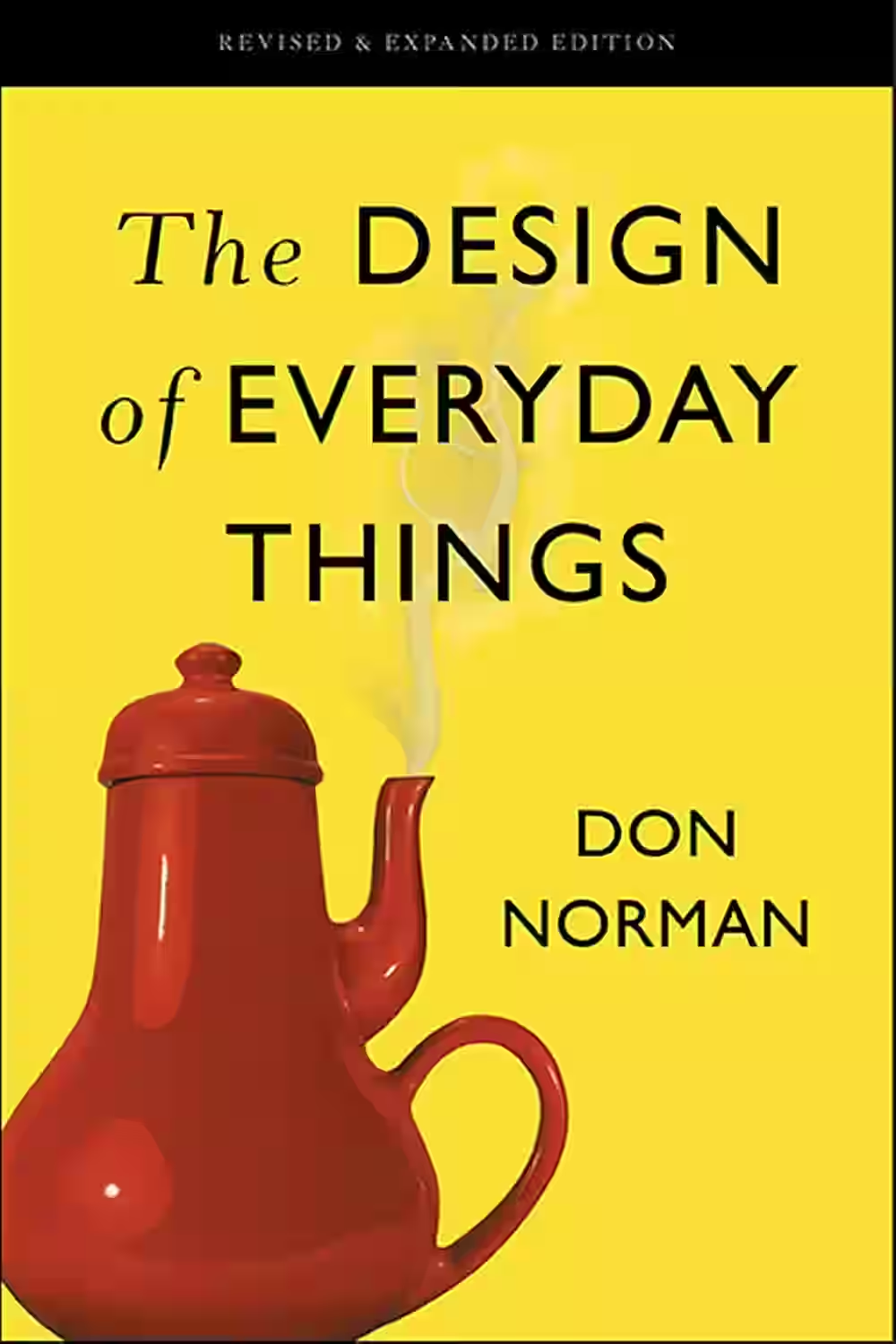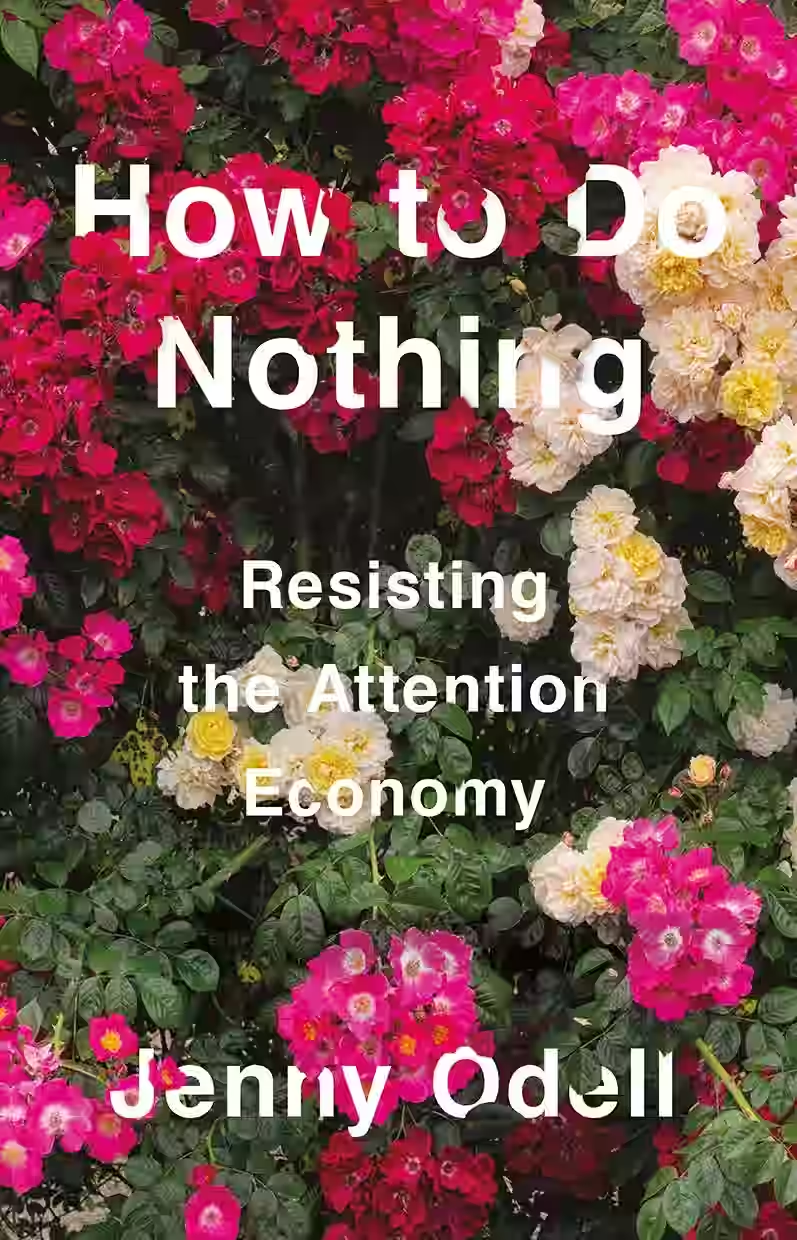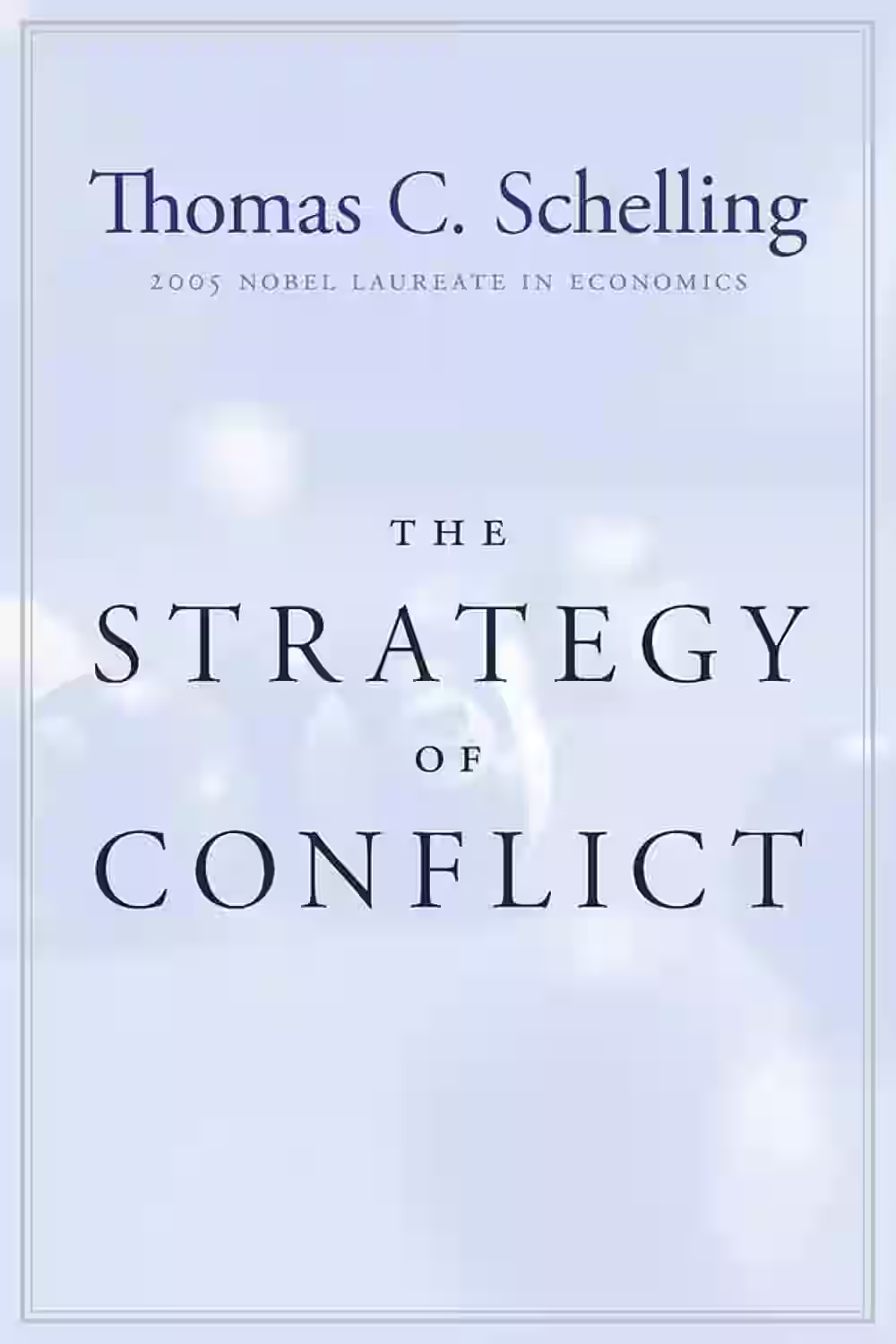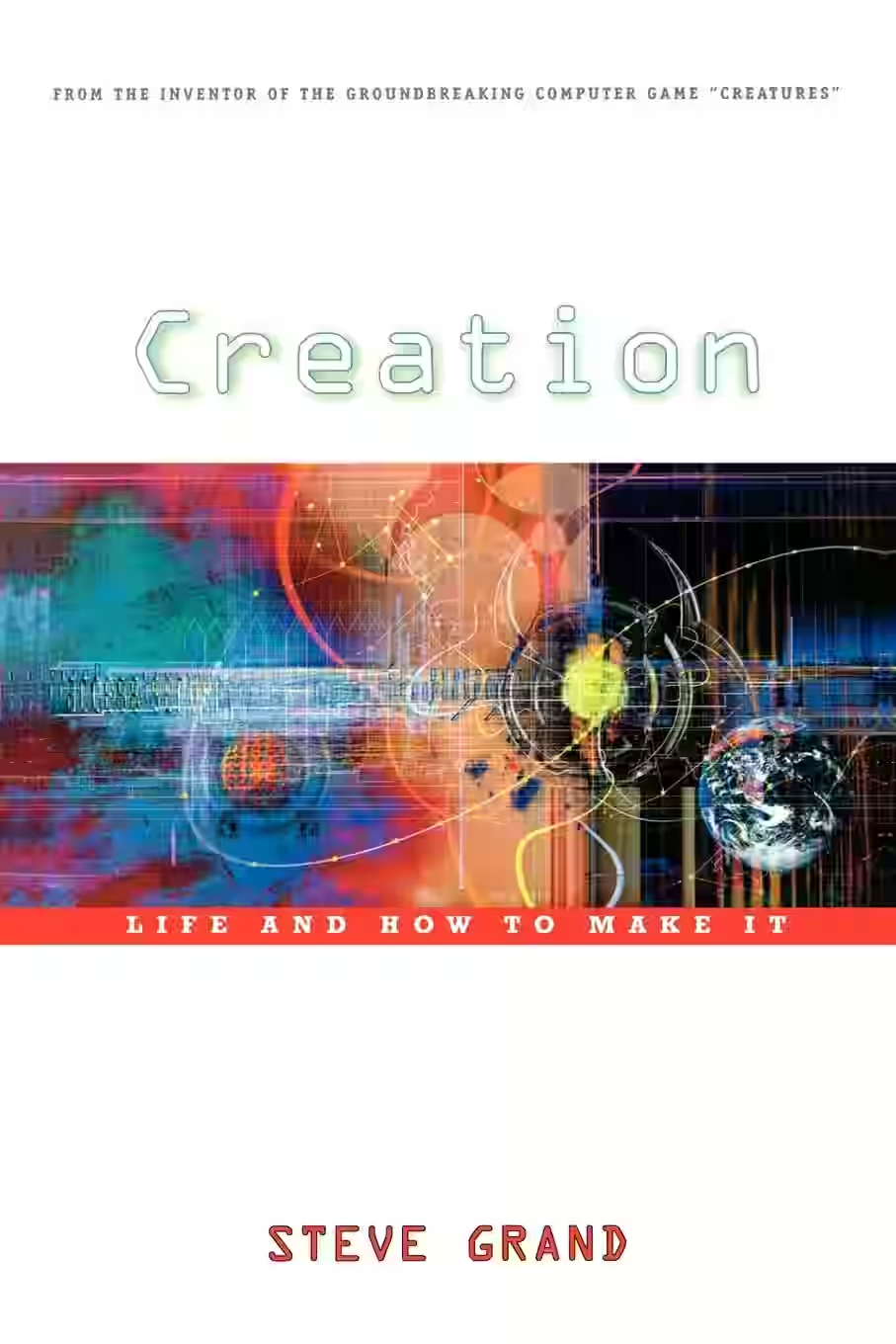
In 'The Design of Everyday Things,' Don Norman explores the world of design, exposing the inadequacies of everyday objects we interact with. By delving into the psychology behind what makes designs successful or frustrating, Norman provides readers with a fresh perspective on why some products excel while others fail. Through engaging examples and insightful analyses, he highlights the importance of user-centered design, emphasizing the need for intuitive and accessible creations. This book serves as a guide for designers, engineers, and anyone interested in understanding the impact of design on daily life. Norman's blend of expertise and readable style makes this a must-read for those seeking to enhance their design thinking.
About Don Norman
Don Norman is a renowned author, designer, and cognitive scientist known for his significant contributions to the fields of human-centered design and user experience. With a background in psychology and a Ph.D. in cognitive science, Norman has served as a professor at both Harvard University and the University of California, San Diego. His influential books, such as 'The Design of Everyday Things' and 'Emotional Design', have revolutionized the way we think about the relationship between people and technology. Norman's work has had a profound impact on literature by bridging the gap between design, psychology, and technology, making complex concepts accessible and engaging for a wide audience.
Similar Books

Unshakeable
by Tony Robbins
In "Unshakeable," Tony Robbins, along with financial advisor Peter Mallouk, delves into the world of personal finance and investment. The book is purposefully crafted to arm readers with the knowledge and strategies necessary to cultivate financial stability and confidence. Robbins breaks down complex financial concepts into accessible advice, especially valuable for those new to investing. Emphasizing the importance of staying the course during turbulent market times, it conveys a message of resilience. Robbins also includes practical insights from renowned investors, making it a comprehensive guide to wealth-building. While the book provides a reassuring perspective for anxious investors, it might offer less depth for seasoned financial enthusiasts.

How to Do Nothing
by Jenny Odell
In How to Do Nothing, artist and writer Jenny Odell critiques the modern attention economy and its constant demands for productivity and engagement. Instead of advocating literal inactivity, Odell calls for a conscious redirection of attention toward meaningful experiences—like community, nature, and contemplation. Drawing from art, philosophy, ecology, and social theory, she argues that stepping away from digital noise is a political and creative act. The book is both a cultural critique and a philosophical meditation, offering a radical rethinking of how we spend our time and what we value in an age of distraction.

The Strategy of Conflict
A seminal work in game theory, The Strategy of Conflict analyzes how individuals and nations behave in strategic situations—especially in contexts of negotiation, deterrence, and limited war. Schelling explores how communication, credibility, and rationality influence outcomes, showing how conflict can be managed, if not avoided. Originally published during the Cold War, its lessons remain relevant to diplomacy, business, and everyday life. With clarity and foresight, Schelling reveals the paradoxes of strategic thinking, like the value of unpredictability or the power of threats. His insights have shaped fields from economics to military strategy and behavioral science.

Creation: Life and How to Make It
In Creation, Steve Grand—creator of the artificial life game Creatures—explores the nature of life, intelligence, and consciousness from the perspective of an artificial life researcher. Blending computer science, biology, and philosophy, Grand argues that life can be understood and even recreated through complex, self-organizing systems. He challenges traditional views of the mind and body, suggesting that understanding emergence and connection is key to replicating living processes. With imagination and technical insight, Creation is a provocative meditation on what it means to be alive—and whether machines can one day truly think, feel, and evolve like biological organisms.